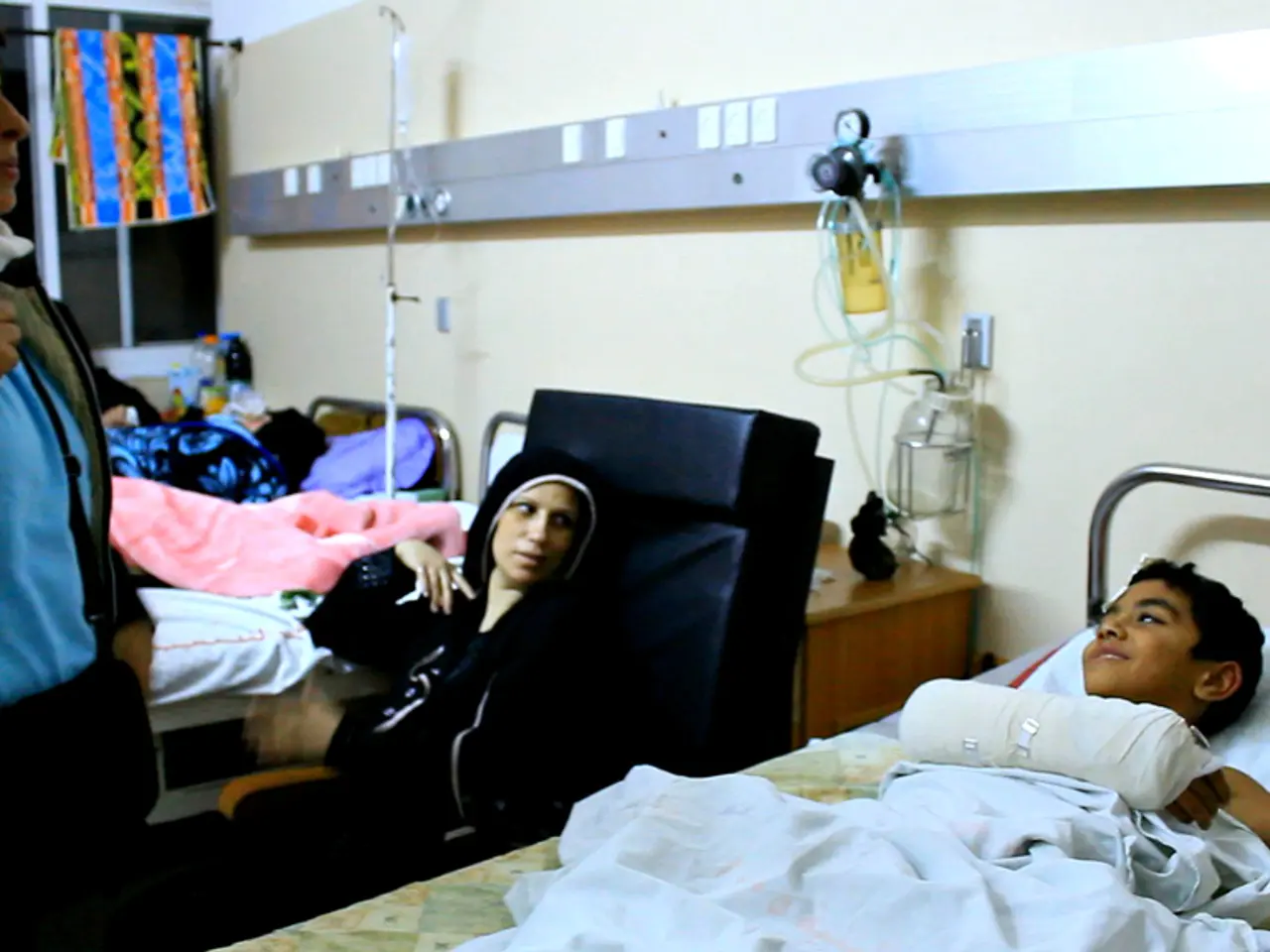pending European health data sharing framework to be introduced
The European Commission is set to propose a new governing framework for health data next month, named the European Health Data Space (EHDS). This initiative aims to revolutionise research, diagnosis, treatment, and care for people with rare diseases.
According to recent reports, EHDS will focus on making it easier to share healthcare data for research across national borders while ensuring data security. The framework will connect national health systems for secure and efficient data transfer across European nations.
The EHDS is based on three main pillars: strong rules governing data exchange, high-quality data, and a strong infrastructure to manage data. Its design prioritises these key elements to ensure a robust and secure system for data sharing.
EURORDIS, an alliance of nearly 1,000 rare disease patient organisations from 74 countries, is directly involved in crafting the new framework. EURORDIS will release a position paper on the legislation this summer, focusing on reflecting patients' needs in terms of data sharing standards and cross-border data sharing.
The position paper on the new legislation for the European Health Data Space is primarily shaped by a coalition including European health policy experts, relevant medical societies, and task forces such as those from the German Society for Pneumology (DGP) and the German Alliance for Climate Change and Health (KLUG); specific author teams and spokespersons like Dr. Christian Grah (DGP) have been notably involved.
Ninety-seven percent of people with a rare disease are willing to share their data to promote research into their disorder, and eighty percent want to have control over their healthcare data. Nearly as many rare disease patients are willing to share their data for research on diseases other than their own. This willingness to share data is particularly important for rare disease communities due to the difficulty in conducting large studies.
EHDS aims to provide a framework that balances data sharing for research with data security and patient control. The European Union regulations tightly control the sharing of healthcare data due to its personal nature, but analyzing healthcare data is crucial for scientific research. EHDS is expected to advance research, diagnosis, treatment, and care for people with rare diseases through increased and meaningful data sharing.
The proposed framework is expected to encourage evidence-based healthcare, spur research in developing therapies and treatments, and inform health-related policy decisions. It is hoped that the EHDS will lead to a better understanding of rare diseases and improved outcomes for those affected by them.
Read also:
- ChatGPT Transforms into an Intergalactic Tour Guide in the Sequel: Part 2
- Commemorating Hiroshima and Nagasaki: A Reflective Look Back at Nuclear Disasters
- AI-Driven Battery Research: Speeding Up the Exploration of Novel Materials
- Unravelled Ancestral Genetic Traces Reshape the Chronology of Human Migration to Australia








